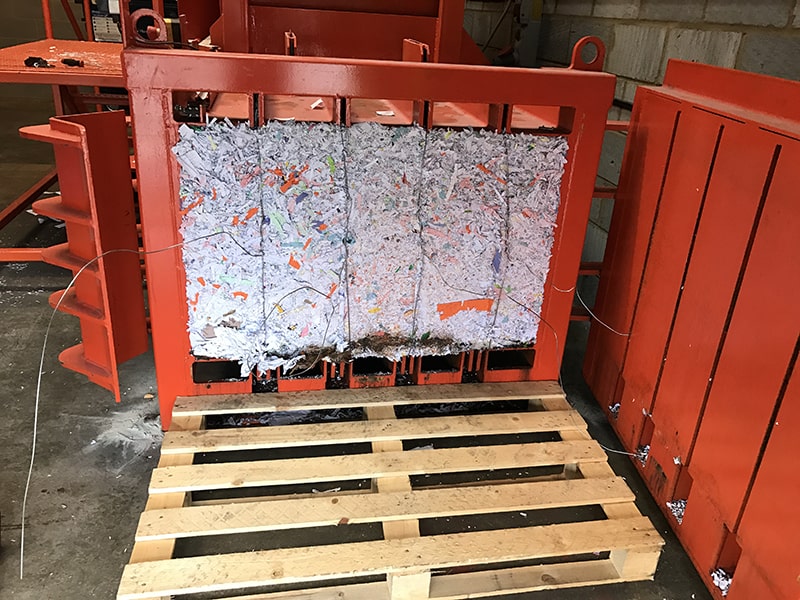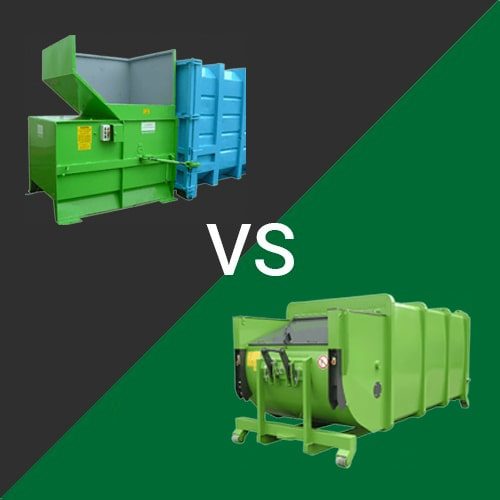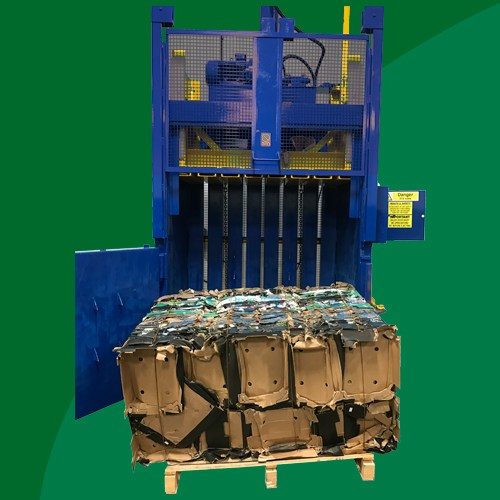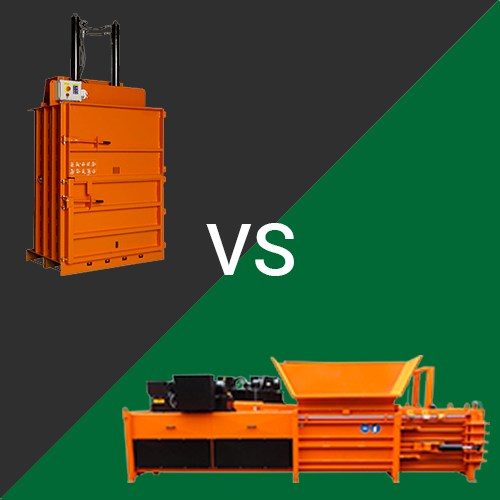Essential Waste Reduction Techniques for Hospitality, Restaurant and Hotel Businesses
The hospitality industry finds itself at a pivotal juncture, balancing sustainability and profitability. Waste reduction has emerged as a central concern for restaurants, hotels and businesses in the hospitality sector. As we embark on this exploration of tips to manage hotel and restaurant waste, we’ll delve into essential strategies that not only diminish waste but also bolster financial sustainability, all while playing a crucial role in fostering a more environmentally responsible future.
We’ll explore vital techniques for how hotels can manage waste, optimise operational efficiency and improve their ecological footprint. These strategies align with responsible business practices and resonate with today’s conscientious consumers, further emphasising the importance of reducing waste in this dynamic and ever-evolving industry.
Causes of Waste in Hospitality, Hotel and Restaurant Businesses
Waste in hospitality, hotel and restaurant businesses is a significant issue that can occur at various stages of the supply chain and operations. Food waste can arise from overproduction to plate waste. Packaging and other supply waste can also build up easily depending on how supplies are sourced and delivered. Then there are disposable items to deal with such as straws, napkins and even disposable tableware.
Managing and properly disposing of these wastes is essential to minimise environmental impact, comply with regulations and reduce costs. To combat this issue effectively there are some key waste management techniques for hospitality businesses. By adopting a comprehensive waste management strategy and involving employees and guests in sustainable practices, hospitality businesses can minimise their environmental footprint and enhance their reputation as environmentally responsible establishments.
Causes of Non-Organic Waste Generation in the Hospitality Industry
In the hospitality industry, non-organic waste is mainly caused by the use of single-use items and packaging materials. These include disposable plates, cutlery, straws and food containers, which are often discarded after a single meal. Additionally, the hospitality industry generates non-organic waste through the frequent replacement of linens, towels and bedding, as well as the disposal of glass and plastic bottles from the bar and kitchen area. The industry’s emphasis on guest comfort and convenience, while important, can contribute to the generation of non-organic waste.
Managerial, Financial, and Technical Factors
Managers often face the task of balancing sustainability practices with profitability, requiring careful planning and investment in waste reduction initiatives. Financial constraints can limit the implementation of efficient food waste reduction technologies and training programs. Meanwhile, technical challenges may arise when adapting to new systems and practices. Simultaneously, strict compliance with food safety regulations can sometimes lead to food being discarded prematurely, adding to the waste stream. Overcoming these challenges demands a holistic approach that integrates financial and operational strategies, emphasises staff training and ensures alignment with food safety policies to achieve both sustainability goals and compliance with food standards and regulations.
Solutions For Reducing Waste in the Hospitality, Hotel and Restaurant Business
Reducing food waste is essential for businesses aiming to balance sustainability, cost-efficiency and exceptional guest experiences. In a world where responsible consumption and environmental consciousness are paramount, hospitality establishments need actionable solutions to reduce waste throughout their operations. From waste management machinery to breaking down organic waste, recycling and waste volume reduction, we look at how to reduce waste in the hospitality industry. It’s possible for hotels and restaurants to reduce their ecological footprint and deliver exceptional service – all while preserving the planet’s precious resources.
Investing in an Effective Waste Management System
Investing in an effective waste management system incorporates digesters, crushers and food waste compactor bins and is a pivotal move for the hospitality industry. These technologies offer a multi-faceted solution to the persistent challenge of food waste. Beyond cost savings and enhanced hygiene, these systems divert food waste from landfills and promote efficient waste handling.
Breaking Down Organic Waste
Breaking down organic waste is the process of decomposing biodegradable materials like food scraps into simpler substances through natural or controlled means. This can occur in several ways from composting to using machinery to digest the waste. Digesters break down organic waste into environmentally friendly byproducts. These processes not only reduce the volume of waste in landfills but also generate valuable resources like soil amendments and renewable energy, making organic waste breakdown a sustainable and eco-friendly approach to waste management.
Reducing Waste Volume With a Compactor
While organic waste can be broken down, non-organic waste can be compacted to take up less space and reduce its impact. Crushers reduce waste volume for easier handling and compactor bins facilitate sanitary collection and storage. Reducing waste volume is a fundamental aspect of sustainable waste management, conserving resources, reducing environmental impact and lowering the associated costs of waste disposal.
Recycling Rather Than Landfill
Recycling waste in the hospitality industry involves the systematic collection, separation, and processing of various waste materials. The hospitality sector generates recyclable items including glass bottles, plastic containers, disposable paper products and aluminium cans. By implementing robust recycling programs and encouraging guests and staff to participate, the hospitality industry can divert these materials from landfills and direct them to recycling facilities, where they are transformed into reusable raw materials. Recycling systems such as recycling stands and bags are a simple and versatile way to encourage recycling in your hotel or restaurant.
How Landfill Alternatives Can Help
Although the above approaches have their place, waste reduction at a large scale requires professional waste disposal procedures.
At Landfill Alternatives, we are experts in restaurant waste disposal procedures and with over 20 years of experience, we are perfectly placed to help companies reduce food waste efficiently and sustainably. We provide sustainable, cost-effective solutions that divert organic waste from restaurants and hotels by managing excess food inventory and kitchen scraps. Specialising in designing bespoke solutions for a whole range of businesses, from corner shops to large multinational retailers, our market-leading machinery can process metal, cardboard, paper, foam, abattoir skins, film and rigid plastics, wood and general waste.
Food digesters are excellent tools for breaking down organic food waste efficiently. They accelerate the decomposition process of food scraps, turning them into environmentally friendly byproducts such as water, carbon dioxide and nutrient-rich compost. They minimise the volume of waste that would otherwise end up in landfills and by diverting organic waste from disposal sites businesses can contribute to sustainability efforts, lower waste management costs and lessen their environmental footprint, all while adhering to responsible waste management practices.
Can, drum & glass crushers are excellent for reducing waste transport costs. By using a crusher you are able to reduce material volumes by up to 5:1. Landfill Alternatives offers a wide range of crushers perfect for compacting glass, cans, tins and oil drums, perfect for minimising waste volume. In turn, fewer waste collections are required, which leads to cost savings.
Waste balers are ideal for reducing the volume of waste generated and simplifying handling and transportation. These machines play a vital role in waste management, cost reduction and environmental responsibility by transforming loose and bulky waste materials into tightly compacted bales that are easier to store, transport and recycle.
Waste compactors are specialised machines designed to efficiently and hygienically reduce the volume of organic waste generated in commercial kitchens and restaurants. They work by compacting food scraps and waste into smaller, more manageable and densely packed containers. By significantly reducing the bulk of food waste, these machines not only save on disposal costs but also contribute to more environmentally sustainable waste management practices by diverting organic waste from landfills.
Get in touch with us today and we’ll help find the right waste management solutions for your business that will make a real impact.



